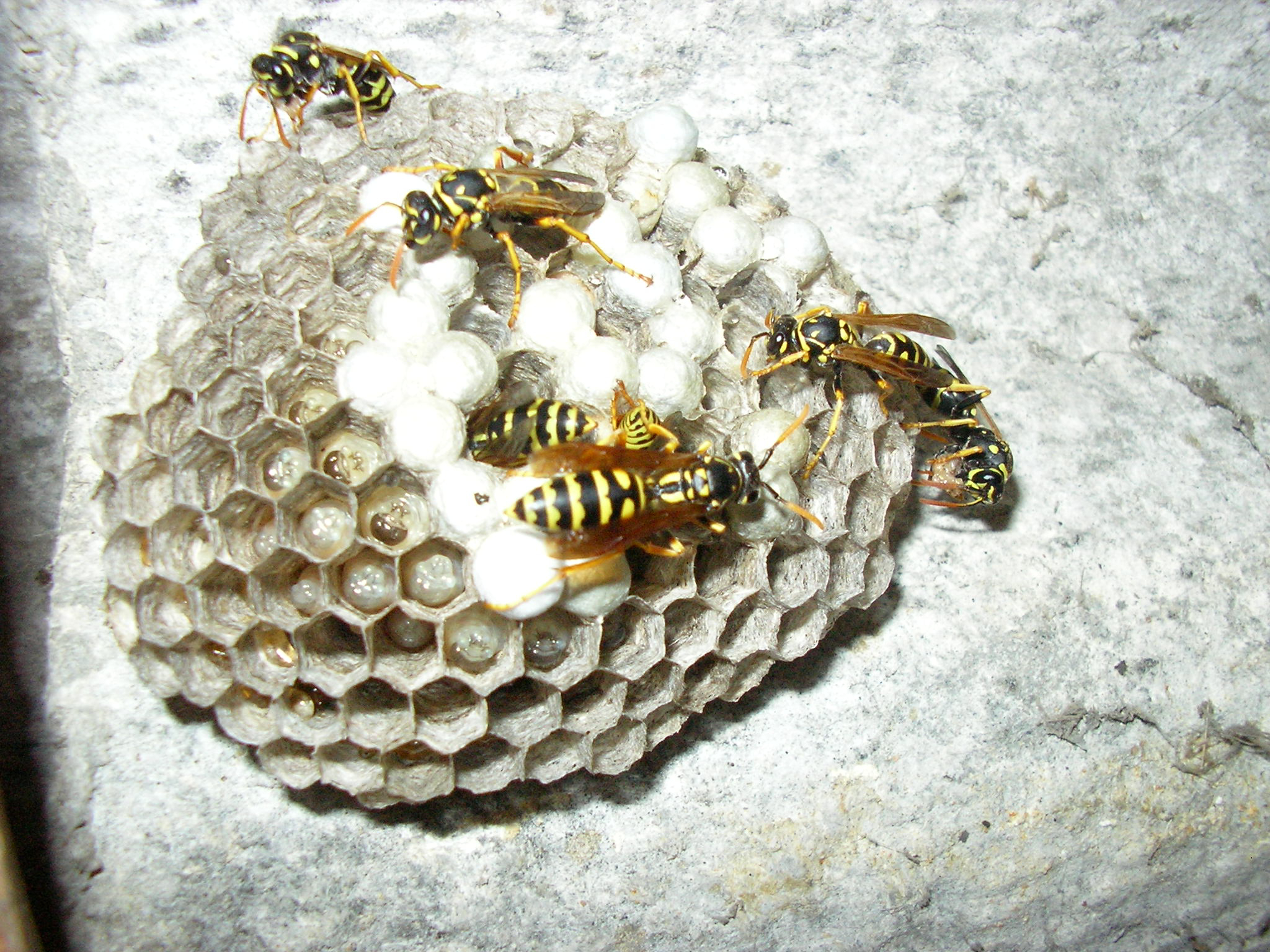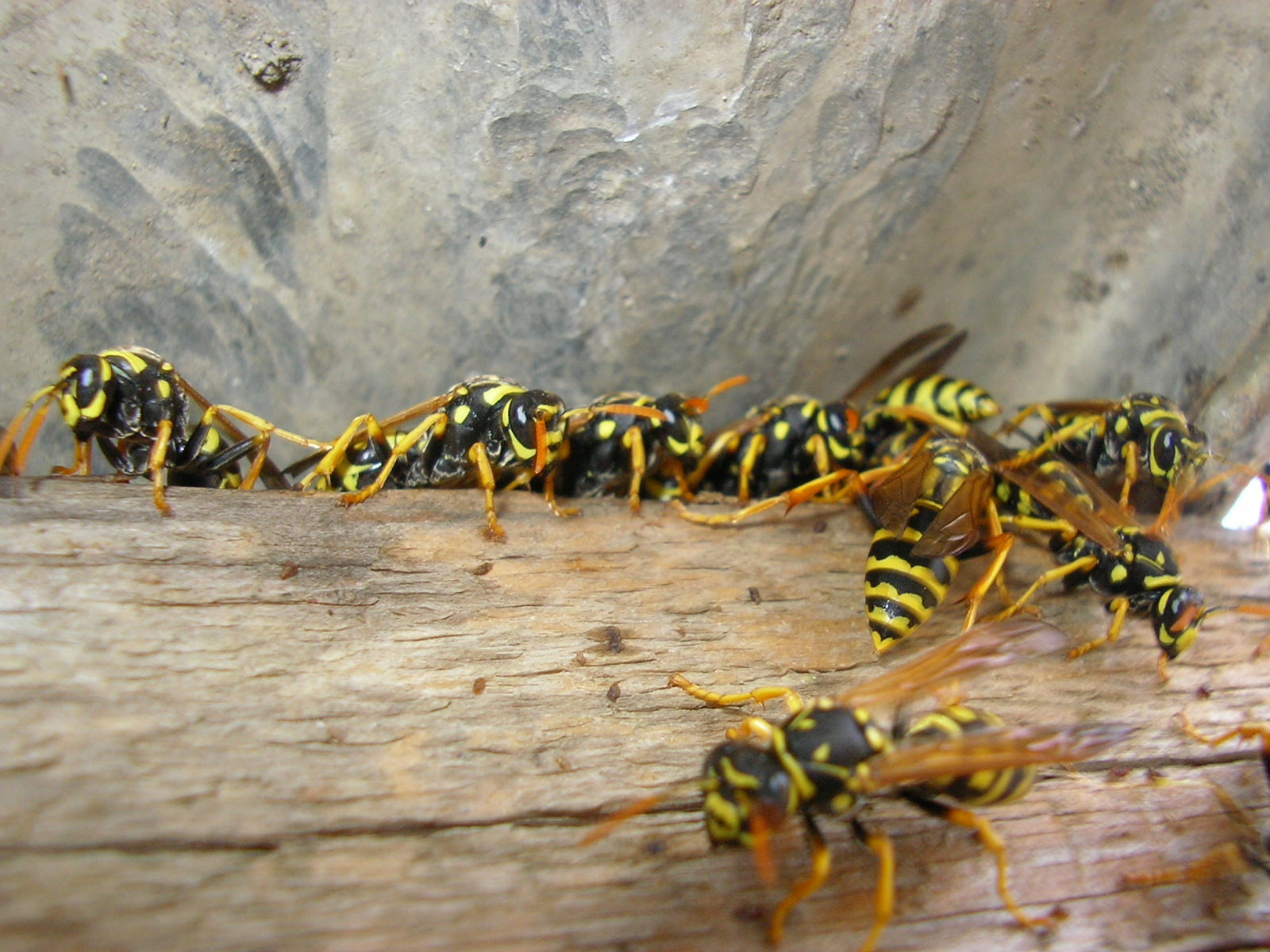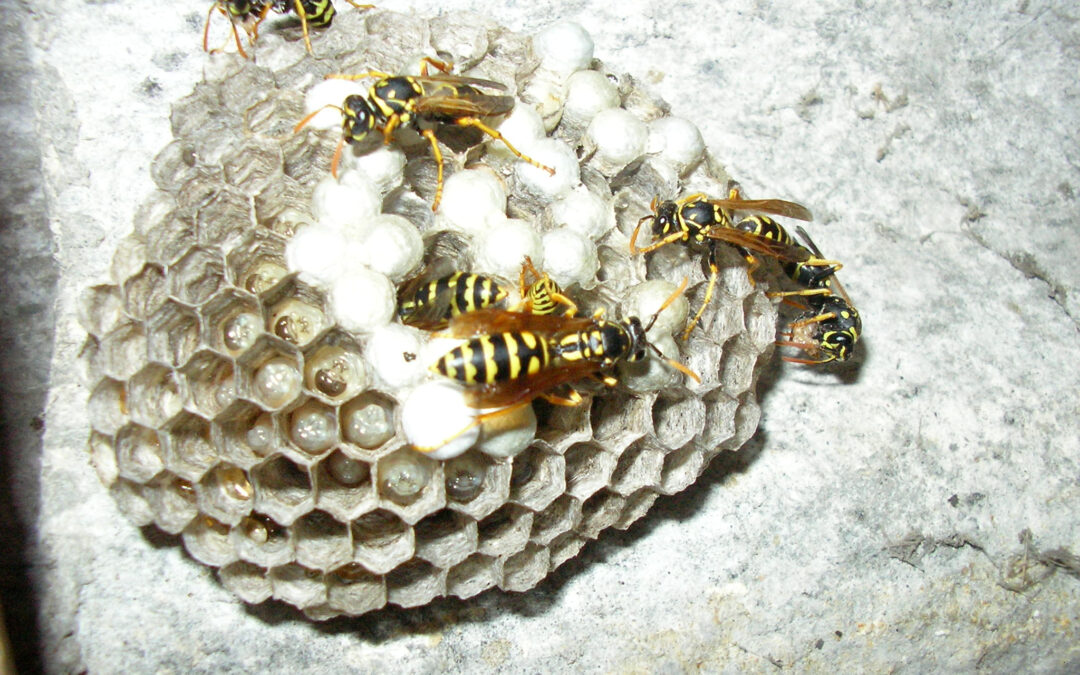Organic gardening is a great way to grow your own fresh produce and enjoy the benefits of eating healthy, pesticide-free food. However, starting an organic garden can be challenging, especially if you’re new to gardening. In this blog post, we will discuss some common mistakes people make when starting an organic garden and how to avoid them.
Common Mistakes People Make When Starting an Organic Garden
1. Not doing enough research: One of the most common mistakes people make when starting an organic garden is not doing enough research. Before you start planting seeds or digging up soil, it’s essential to learn about the specific needs of the plants you want to grow, as well as the climate and conditions in your area.
2. Using poor quality soil: Another mistake people often make is using poor quality soil. Healthy soil is essential for growing healthy plants, so make sure to choose the right soil for your garden. You may need to amend your soil with compost or other natural materials to improve its nutrient content.
3. Neglecting pest control: Pests are a common problem in gardens, but many people don’t realize that there are natural ways to prevent and control them. Instead of reaching for chemical pesticides, try using companion planting, natural predators, or homemade remedies like garlic spray.

4. Overwatering: Watering your garden correctly is crucial for healthy plant growth, but many people overwater their plants, which can lead to root rot and other problems. Use a watering schedule based on your region’s rainfall patterns and adjust it according to weather changes.
5. Ignoring pH balance: Soil pH plays a critical role in plant growth, but many beginners ignore it. Most vegetables prefer slightly acidic soil with a pH between 6.0 and 7.0. If your soil has too high or low pH levels, you may need to add lime or sulfur to adjust it.
How To Choose the Right Soil for Your Garden
Choosing the right soil for your garden depends on several factors such as the type of plants you want to grow, the climate in your area, and the texture and structure of the soil. Here are some tips to help you choose the best soil for your organic garden:
1. Determine the type of plants you want to grow: Different types of plants have different nutritional requirements, so choosing the right soil is essential for their growth. For example, tomatoes require well-draining soil rich in nitrogen while carrots thrive in loose, sandy soil.
2. Consider the climate in your area: The climate in your area affects the type of soil you should use. For instance, if you live in an area with heavy rain, you may need to use soil that drains well to prevent erosion and flooding. On the other hand, if you live in a dry area, you may need to use soil that retains moisture better.
3. Analyze the texture and structure of the soil: Soil texture refers to the size of the particles present in the soil, while structure refers to the arrangement of those particles. Loamy soil, which contains equal parts silt, clay, and sand, is ideal for most crops. Sandy soil drains quickly, making it suitable for plants that need good drainage, while clay soil holds onto moisture and nutrients, making it perfect for plants that require constant moisture.
The Importance of Composting in Organic Gardening
Composting is one of the easiest and most effective ways to create healthy soil for your organic garden. Compost is made from decomposed organic matter such as leaves, grass clippings, and kitchen waste, which provides plants with essential nutrients and improves soil structure. Here are some reasons why composting is important in organic gardening:
1. Improved soil health: Compost adds vital nutrients to the soil, including nitrogen, potassium, phosphorus, and micronutrients, which promote healthy plant growth. It also helps to improve soil structure by increasing aeration and reducing compaction.
2. Reduced waste: By composting, you reduce the amount of organic waste that ends up in landfills, helping to conserve resources and protect the environment.
3. Cost savings: Rather than buying expensive fertilizers and soil amendments, you can create your own compost at home for free or minimal cost.
Pest Control and Prevention Techniques
While pests can be a challenge in any garden, there are natural ways to prevent and control them without resorting to harsh chemicals. Here are some pest control and prevention techniques you can use in your organic garden:

1. Companion planting: Planting certain combinations of plants together can repel pests and attract beneficial insects that prey on pests. For example, marigolds are known to repel nematodes, while nasturtiums attract aphids away from other plants.
2. Natural predators: Many species of birds, bats, and insects feed on common garden pests such as caterpillars, mites, and beetles. Attract these natural predators to your garden by providing habitat and food sources such as native flowers and trees.
3. Homemade remedies: There are many simple recipes for homemade pest remedies using ingredients like garlic, soap, and hot peppers. These remedies can be applied directly to plants or used to make a spray solution.
Tips on Watering your Organic Garden
Watering your garden correctly is essential for healthy plant growth, but many people overwater their plants, leading to root rot and other problems. Here are some tips on watering your organic garden:
1. Use a watering schedule: Based on your region’s rainfall patterns, determine how much water your plants need and set up a regular watering schedule accordingly. Adjust the schedule as needed during periods of drought or excessive rainfall.
2. Deep watering: Rather than watering lightly every day, aim to water deeply once or twice per week. This encourages roots to grow deeper into the soil where they can access more nutrients and moisture.
3. Mulching: Applying mulch around your plants can help retain moisture and regulate temperature, reducing the frequency of watering.
Maintaining a Healthy pH Balance in your soil
Soil pH plays a critical role in plant growth, but many beginners neglect it. Here are some tips on maintaining a healthy pH balance in your soil:
1. Test your soil: The only way to know whether your soil is too alkaline or acidic is to test it. You can buy a DIY kit or send a sample to a lab for analysis.
2. Adjust pH levels: Depending on the results of your soil test, you may need to add lime or sulfur to adjust the pH level. Lime raises the pH level, while sulfur lowers it.
3. Monitor pH regularly: Check your soil’s pH level periodically throughout the growing season to ensure that it remains within the optimal range for your plants.
Benefits of Using Natural Fertilizers
Chemical fertilizers may provide quick fixes for nutrient deficiencies, but they come with significant risks to human health and the environment. Here are some benefits of using natural fertilizers instead:
1. Sustainability: Natural fertilizers are renewable and sustainable, unlike synthetic fertilizers that deplete nonrenewable resources.
2. Nutrient density: Natural fertilizers contain a wider variety of nutrients than synthetic ones, ensuring that plants receive all the necessary





